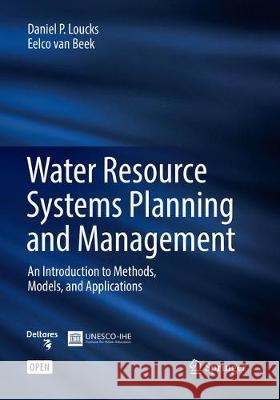Water Resource Systems Planning and Management: An Introduction to Methods, Models, and Applications » książka
topmenu
Water Resource Systems Planning and Management: An Introduction to Methods, Models, and Applications
ISBN-13: 9783319830179 / Angielski / Miękka / 2018 / 624 str.
Water Resource Systems Planning and Management: An Introduction to Methods, Models, and Applications
ISBN-13: 9783319830179 / Angielski / Miękka / 2018 / 624 str.
cena 213,32
(netto: 203,16 VAT: 5%)
Najniższa cena z 30 dni: 204,31
(netto: 203,16 VAT: 5%)
Najniższa cena z 30 dni: 204,31
Termin realizacji zamówienia:
ok. 16-18 dni roboczych.
ok. 16-18 dni roboczych.
Darmowa dostawa!
Kategorie:
Kategorie BISAC:
Wydawca:
Springer
Język:
Angielski
ISBN-13:
9783319830179
Rok wydania:
2018
Wydanie:
Softcover Repri
Ilość stron:
624
Waga:
1.26 kg
Wymiary:
24.99 x 18.26 x 3.0
Oprawa:
Miękka
Wolumenów:
01











